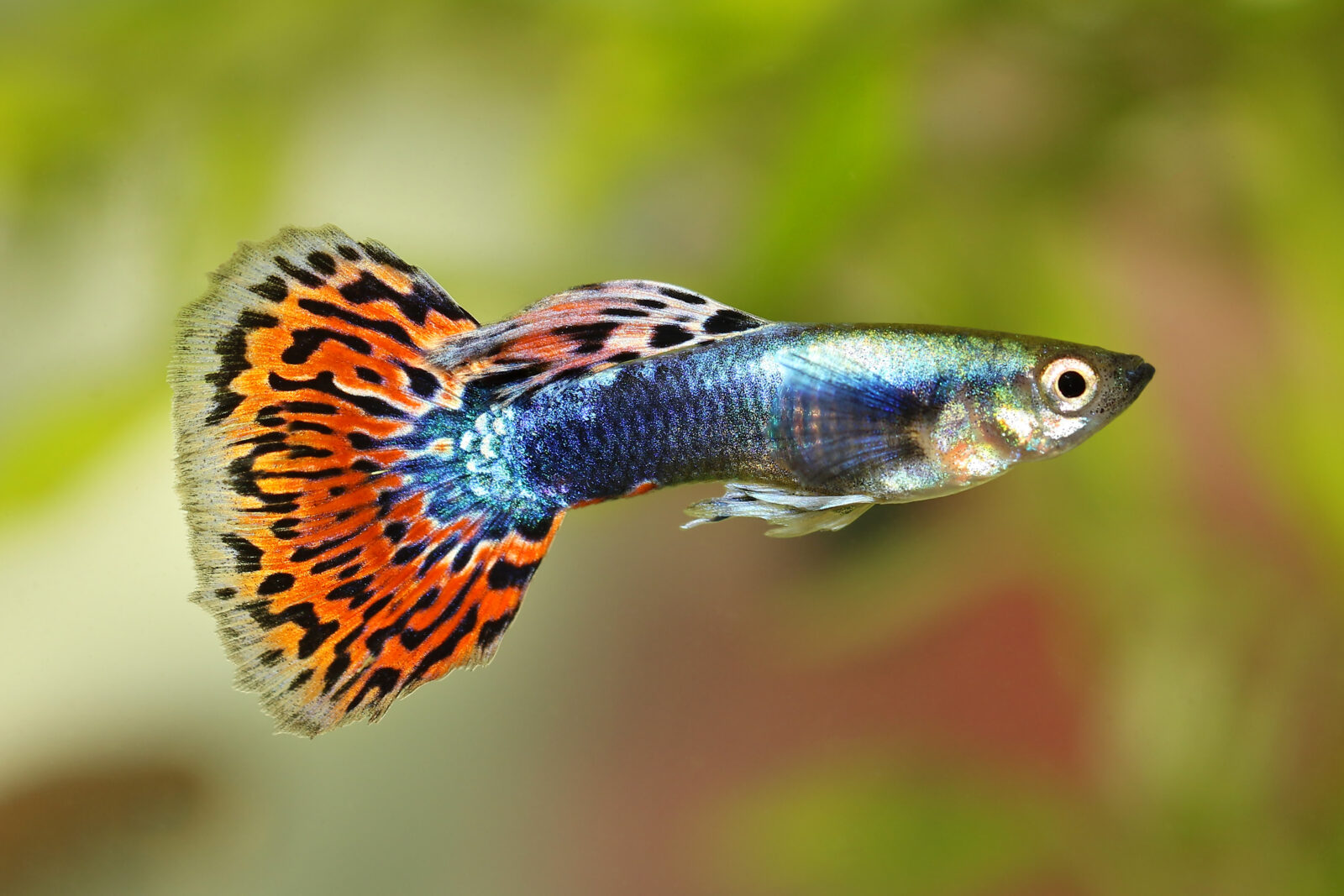


The Scientific Problems with Kojonen’s Theistic Evolution Model

The Simple Life: Abiogenesis Gets Another Reality Check
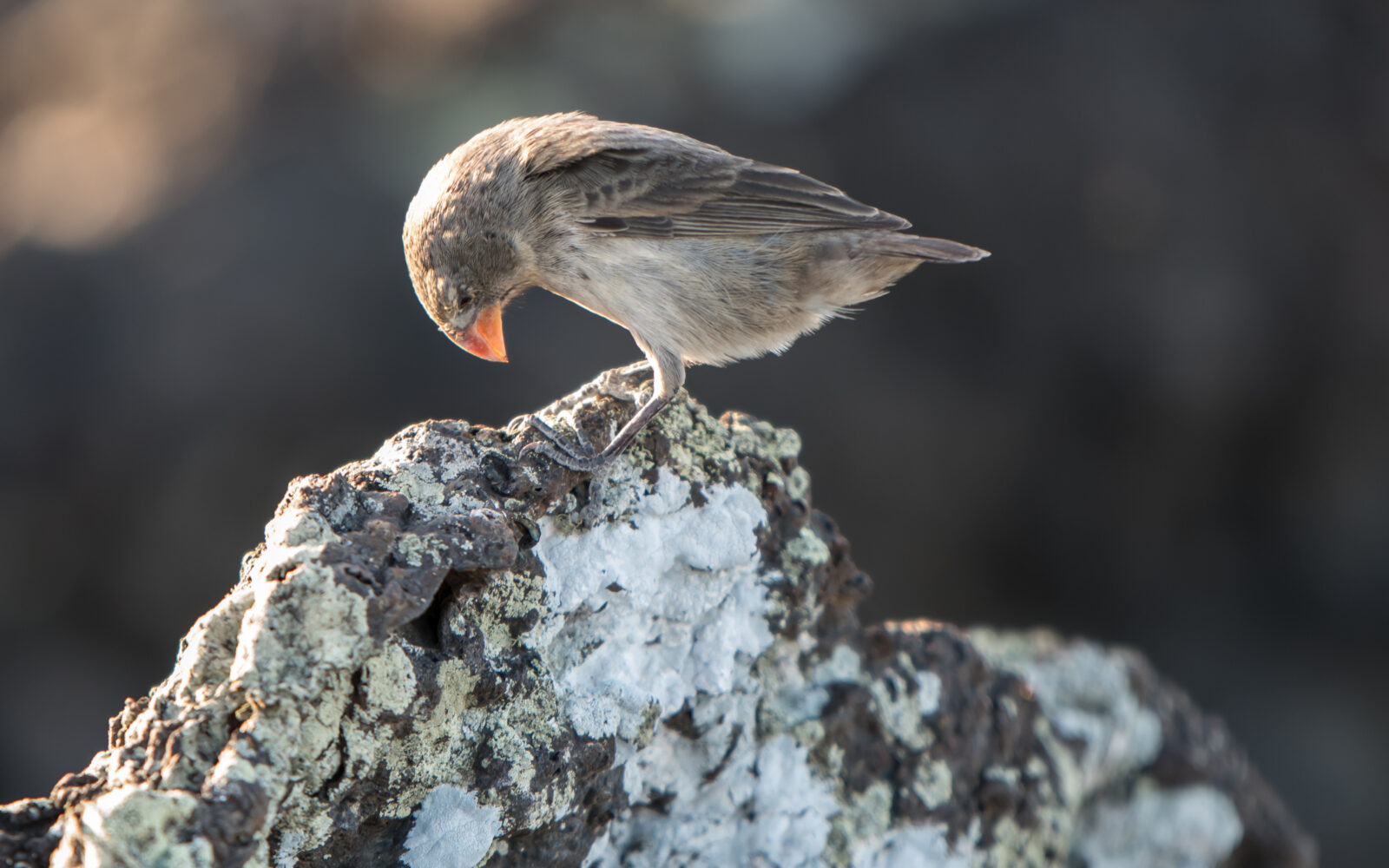
Is Adaptation Actually a Fight to Stay the Same?

How Faith Can Improve Rigor and Creativity in Scientific Research
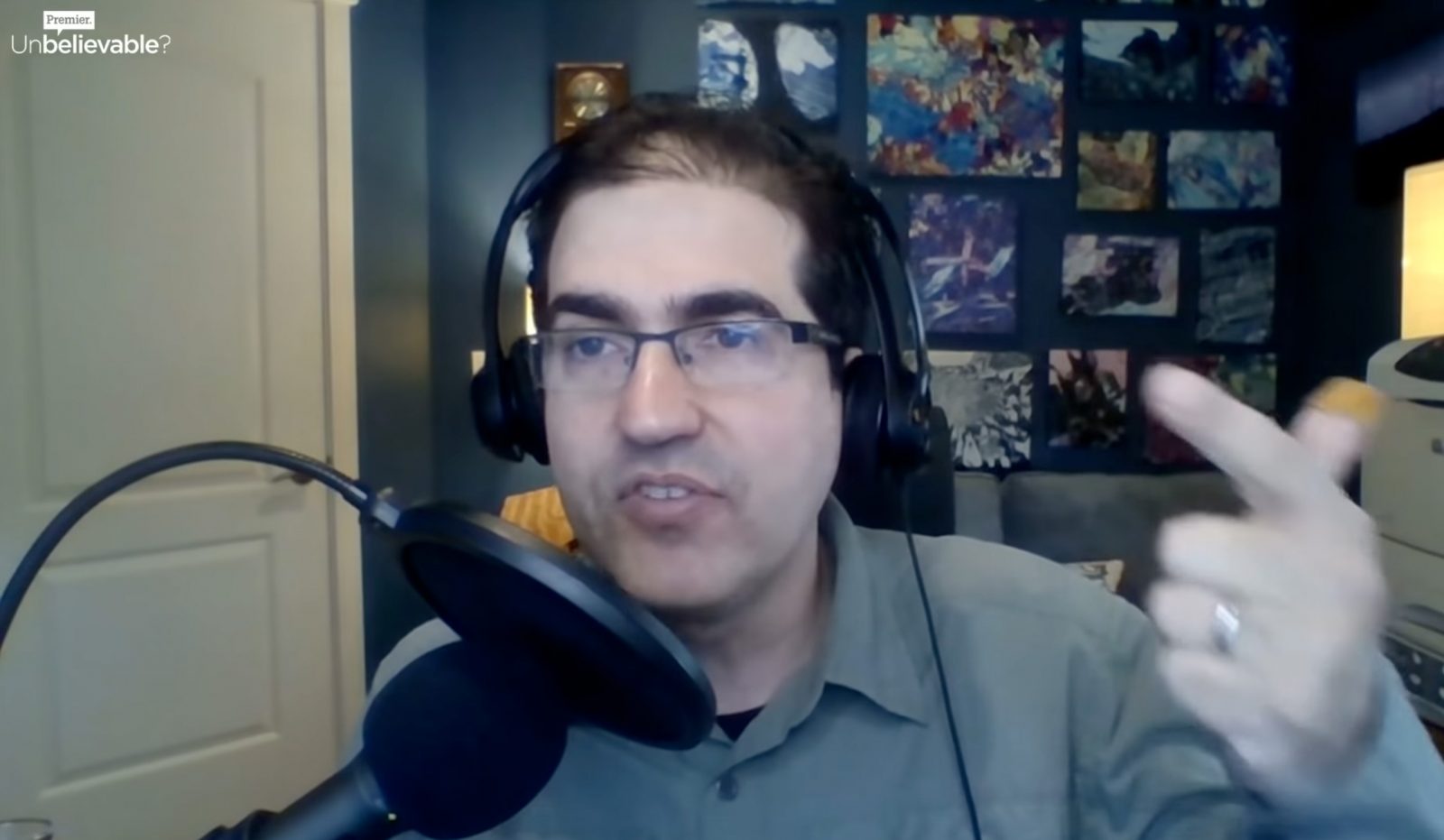
Casey Luskin and Adam Shapiro Debate Intelligent Design, Pt. 2
This ID the Future continues the debate between design theorist Casey Luskin, an editor of The Comprehensive Guide to Science and Faith, and science historian Adam Shapiro, co-author of Science and Religion: A Very Short Introduction. Justin Brierley, of the popular British debate program Unbelievable?, hosts. In this second half of the conversation, Shapiro argues that intelligent design’s popularity seems to have waned. Casey Luskin counters, arguing that the number and frequency of New York Times articles on ID is a superficial metric and that the ID research program is exploding, with the number of peer-reviewed ID papers growing every year, and the number of interested graduate students, ID hubs, and conferences expanding around the world, including ID conferences attended by high-level scientists, including Read More ›
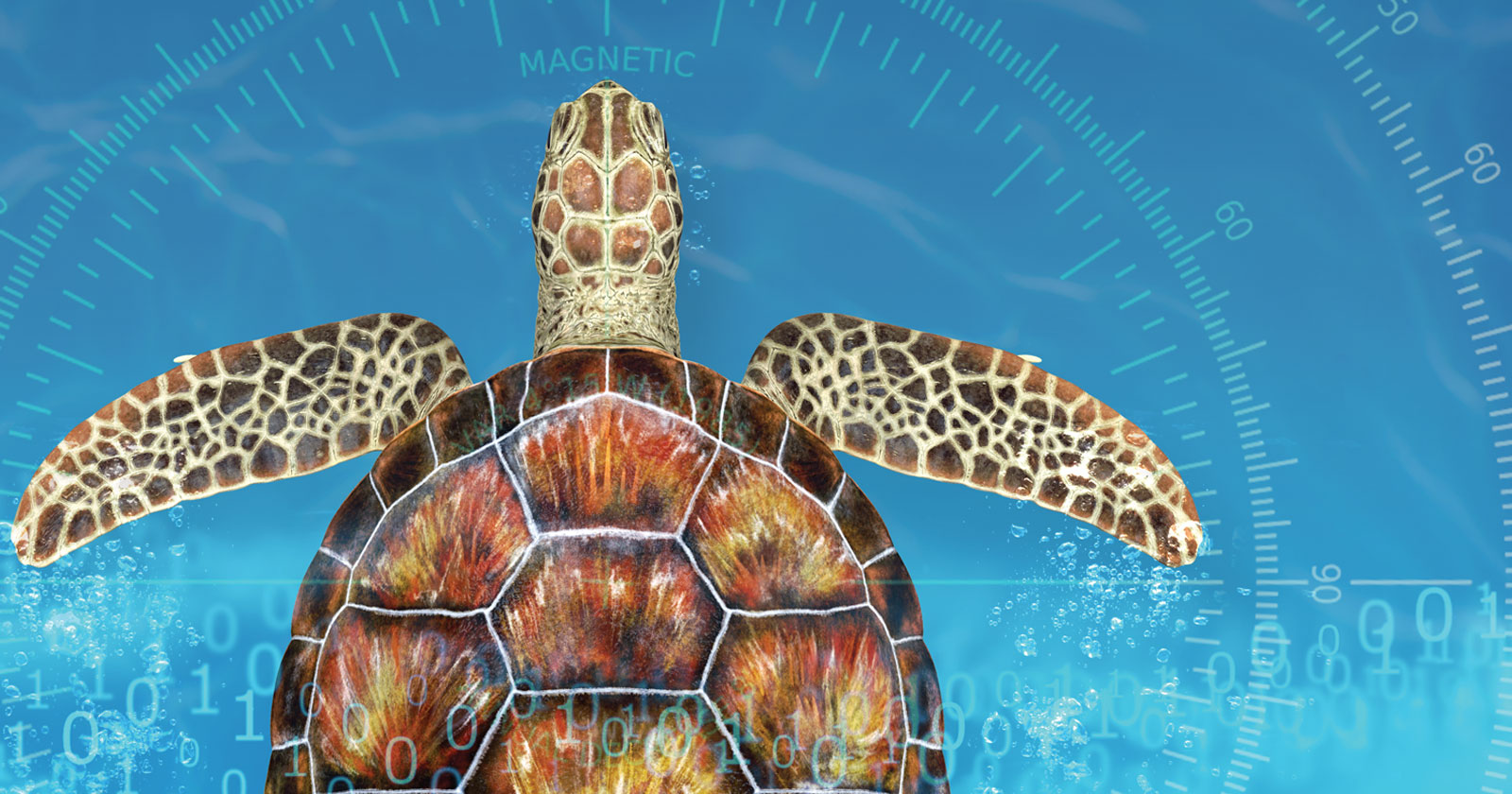
Animal Algorithms Webinar Pt. 2: Author Q&A
Today’s ID the Future is Part 2 of a recent live webinar with Eric Cassell fielding questions about his new book, Animal Algorithms: Evolution and the Mysterious Origin of Ingenious Instincts. He and host Casey Luskin explore the engineering wonders of web-spinning spiders and their extraordinary silk, and the challenge of transforming solitary insects into social insects (with their complex and interdependent caste systems) via a blind step-by-step evolutionary process, and the many thousands of genetic changes required. What does Cassell consider the best explanation? He invokes design theorist William Dembski’s work with No Free Lunch theorems to argue that blind processes are a no-go for explaining their origin. From there Luskin opens the webinar up to questions from the Read More ›
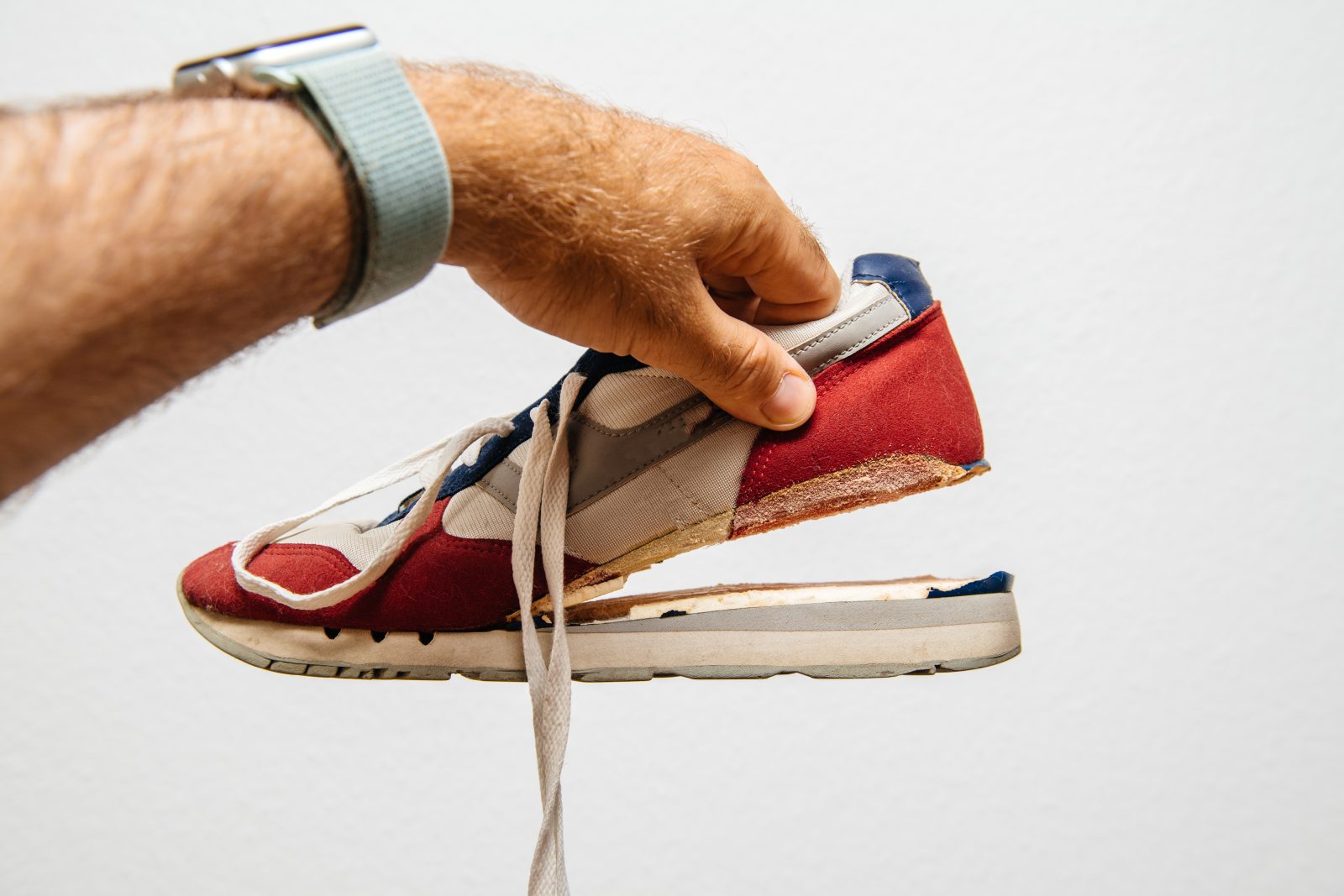
Michael Behe on Natural Selection’s Inability to Build New Systems
On this episode of ID the Future, biochemist Michael Behe speaks further about his new book Darwin Devolves: The New Science about DNA That Challenges Evolution. Behe explains how evolutionists in the past had freedom to use their imaginations to suppose ways evolution could achieve major innovations, but new research at the molecular level now reveals obstacles previously unimagined. The most productive adaptations in nature tend overwhelmingly to be in one direction, Behe says, degrading or destroying genes, and no series of mutations have ever demonstrated the kind of coordinated effects needed to produce new systems.

I, Charles Darwin, Episode 2: The Fossils and the Tree
Over the next several weeks, ID the Future will be presenting an audio adaptation of Nickell John Romjue’s fascinating book, I, Charles Darwin.
In today’s episode, Darwin explores what we’ve learned about the fossil record since his time on Earth — and it’s not what he expects.
Read More ›
I, Charles Darwin, Episode 1: London and the Galapagos
Over the next several weeks, ID the Future will be presenting an audio adaptation of Nickell John Romjue’s fascinating book, I, Charles Darwin.
What would happen if Charles Darwin were to come back today? What would he think about the science of the twenty-first century, and how might it change his views on evolution? In today’s introductory episode, Darwin finds himself returned from the grave and begins to explore modern London, followed by a return trip to the Galapagos Islands, where he is surprised by what he learns.
Read More ›